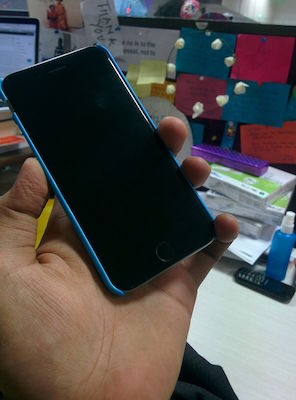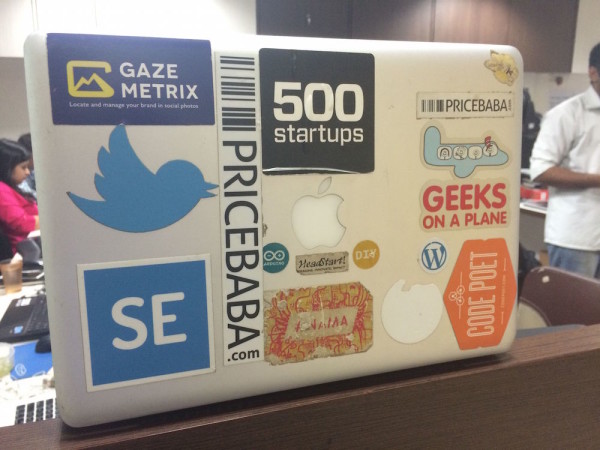When I first read this awesome post by Rand Fishkin on his life learnings, I thought I should write one too. My immediate next thought was, may be I don’t need to write about my learnings. I haven’t learnt enough.
I just turned 30. Sometime in the past few months I realised that there are things I have learnt in this life so far and those are the exact things that I strive to live up to each day. Here are some of my learnings that still continue to challenge me … Read More




